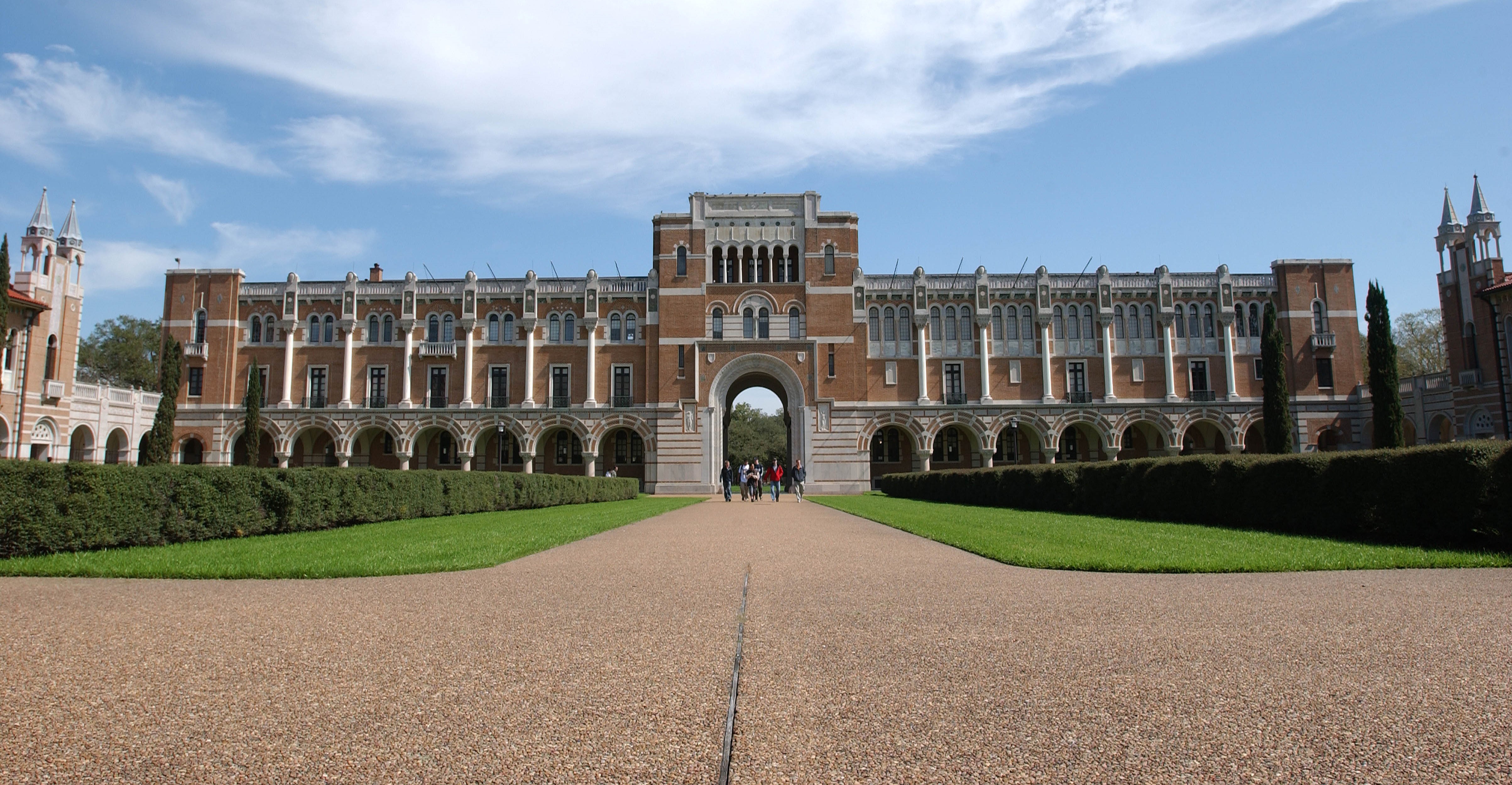Rice University to Open International Campus in Paris
Published Jun 27, 2022 by Brina Morales
Rice University is going international, announcing its first international campus is opening in Paris this week to expand global education and research opportunities.
According to a press release, the Rice University Paris Center will operate out of a historic 16th-century building known as the Hotel de La Faye in the Le Marais neighborhood. The center will house student programs, independent researchers, international conferences and serve as a satellite and hub for European research activity.
“The opening of this dedicated overseas facility represents the next step in the long-standing plan we have been pursuing to internationalize Rice and the Rice experience in every dimension,” said outgoing Rice President David Leebron in the release. “This has included welcoming more international students to our campus in Houston, fostering international travel and programs by our students and faculty, and building strong relationships with the best universities across the globe. The Paris location offers an incredible range of opportunities, in fields ranging from art and architecture to international business and global relations and politics.”
Caroline Levander, currently Rice’s vice president for global and digital strategy, is described as the leader who developed the new center and “extraordinary opportunity.” She will oversee the center in her new role as vice president global.
The Rice University Paris Center will have six classroom spaces that can seat about 125 students. The center is expected to be fully operational in January 2023.
“Rice University’s mission statement commits us not only to pathbreaking research and unsurpassed teaching, but also to the betterment of our world,” said Provost and incoming Rice President Reginald DesRoches. “We’re eager to extend that mission internationally, and the opening of the Rice University Paris Center demonstrates that commitment.”
The Partnership and the City of Houston are currently leading a trade and investment mission in Paris, promoting Houston as a leader in innovation, education, the energy transition and strengthening business relationships between the Houston region and Paris. They will commemorate the opening of the new center on Wednesday, June 29.
Learn more about Houston's global ties and higher education institutions.
 The Houston Report
The Houston Report



















